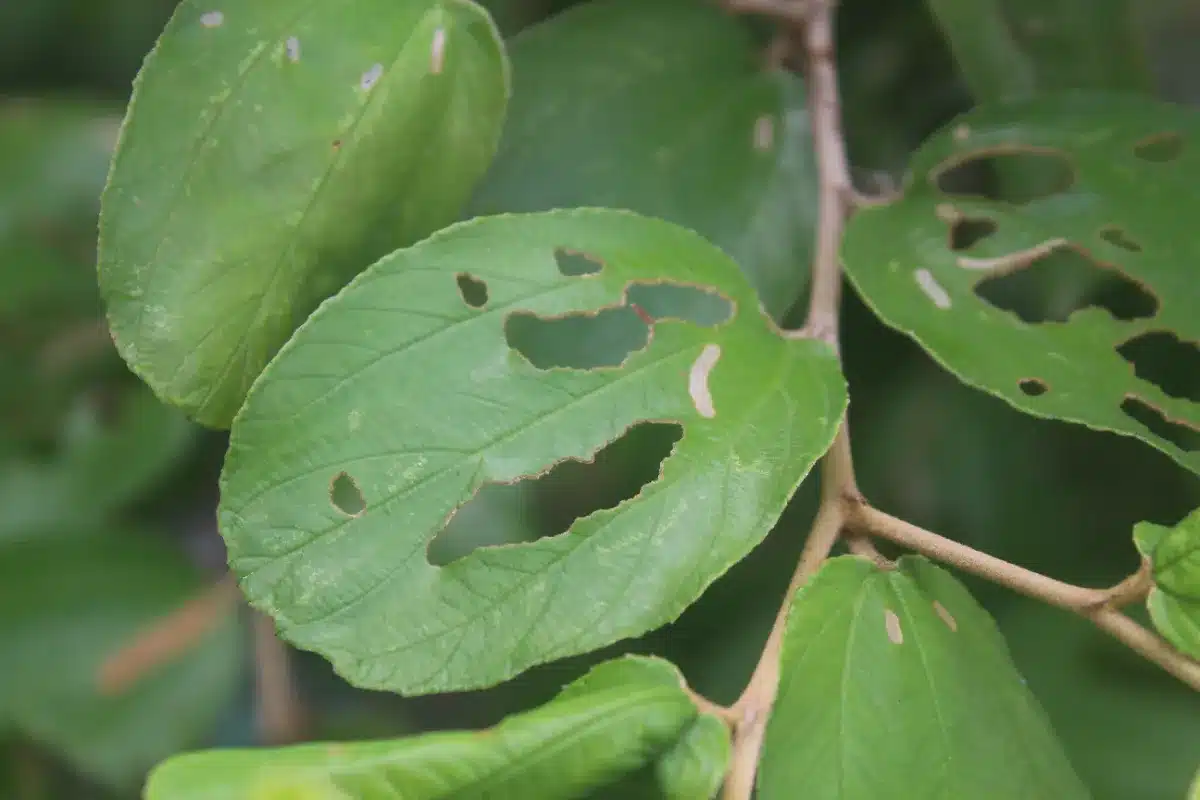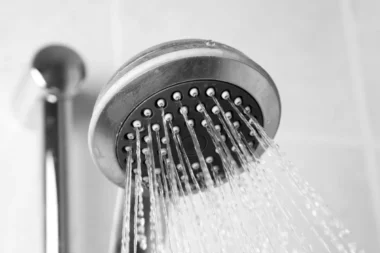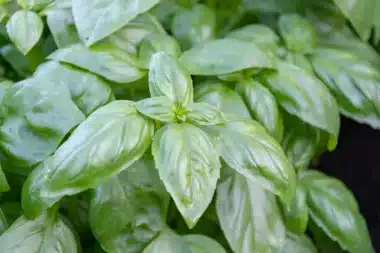As gardening calendars flip open, many plant lovers are up against an uninvited visitor: aphids. These tiny, sap-sucking critters are showing up in gardens and on balconies, putting plant health at risk. Figuring out how aphids harm your greens and trying out natural, effective fixes is a must if you want a lively garden.
Dealing with the aphid trouble
Aphids are well known for setting up shop on young shoots, leaves, and flowers. They multiply fast enough to sap the strength of your plants and can even wipe out entire crops if you let them run wild. They tend to favor certain types of plants, like cucumbers, currant bushes, rose bushes, and fruit trees. The damage they do isn’t just about looks—it really drains a plant’s overall vitality.
These little pests can spread like wildfire, leading to serious losses for growers. As they suck the sap, they take away those basic nutrients (the ones plants need to grow big and strong). For both home gardeners and farmers, taking care of this problem right away is key to stopping long-term harm.
Rethinking chemical sprays
Chemical insect sprays might seem like a quick fix for the aphid hassle, but they’re far from perfect. These over-the-counter products usually come with a host of toxins and tend to wipe out not just aphids, but also the friendly bugs that keep your garden balanced. Plus, you might end up with residues on your fruits and veggies, meaning you have to wait a bit before eating them and give them a good wash. Another thing to consider is how these chemicals can mess with the soil and other critters around your plants. When people start to see these downsides, more and more are turning to alternatives that play nicer with nature, like a homemade herbicide.
Giving baking soda a try
One handy and eco-friendly option is baking soda. This everyday kitchen staple works as a homemade spray to fend off aphids without hurting people or the environment. By using baking soda, you help keep your garden safe while also respecting nature’s balance.
To whip up this natural “aphidicide,” mix together 1 liter of warm water, 1 tablespoon of baking soda, and a few drops of dish soap. Spray this mix generously on both the top and the underside of leaves, ideally early in the morning or later in the evening when it’s cooler. If the infestation is heavy, you might need to repeat the spray every 2-3 days.
Keeping an eye on results and tips
After you start spraying, watch your plants closely. Usually, within 1 to 2 days, you’ll see fewer aphids hanging around. This baking soda mix works especially well on plants with smooth, sturdy leaves such as cucumbers, beans, cabbages, roses, and currant bushes.
For the best results, start treating your plants as soon as you notice any aphids so the damage doesn’t spread too far. If you’re dealing with delicate plants—think young shoots or basil—it’s smart to try the spray on just one leaf first (this ensures there’s no unwanted reaction). And if an infestation gets out of hand, you might have to prune away the worst-hit branches.
Trying out other ideas
Aside from the baking soda mix, a few other tricks can help keep aphids at bay if you catch them early. For example, a strong stream of water from a hose or even a shower can knock these pests off their plants. A heavy rain can also give them a good rinse.
Some gardeners like to mix baking soda with black soap or Marseille soap for a slightly different natural remedy. Just be sure to stick to the recommended amounts—too much baking soda can end up hurting your plants rather than helping them.
Taking on aphid infestations with natural methods not only keeps your garden thriving but also supports a healthier, more balanced outdoor space. By choosing non-toxic fixes like baking soda and trying out various friendly techniques, you’re keeping things green without relying on harsh chemicals.







